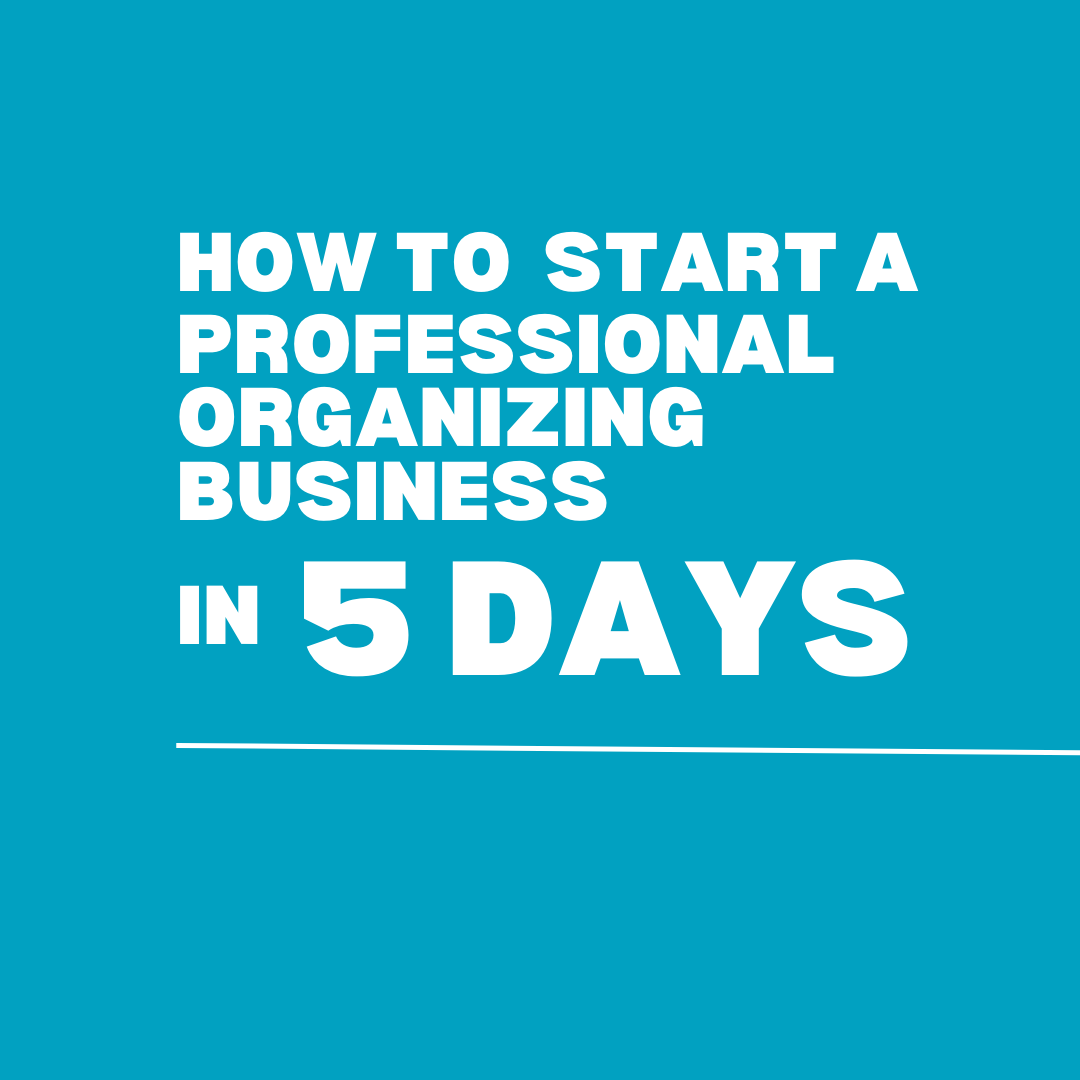How to Become a Wedding Planner
Pursuing a career as a wedding planner offers a unique blend of creativity and business acumen, transforming wedding dreams into tangible realities. This article, focusing on how to become a wedding planner, is tailored to help you navigate the path to becoming a successful wedding planner, providing essential insights and guidance every step of the way.
Our focus begins with foundational steps: setting clear goals and evaluating your skills. We then progress to essential competencies necessary for any aspiring wedding planner, including detailed insights into formal training and business plan development.
Further, we explore specialized marketing strategies to elevate your visibility in a competitive landscape, coupled with an overview of advanced planning tools and software to enhance efficiency and precision in your work.
Lastly, we highlight the critical role of building strong industry relationships, vital for expanding your network and uncovering new opportunities in the wedding planning field.
Table of contents
- Establishing Goals and Assessing Skills
- Essential Skills for Wedding Planning
- Formal Training for Aspiring Wedding Planners
- Creating a Business Plan for Your Wedding Planning Venture
- Marketing Strategies for Wedding Planners
- Building Industry-Wide Relationships
- FAQs in Relation to How to Become a Wedding Planner
Establishing Goals and Assessing Skills
Aspiring to be a wedding planner requires a combination of personal and professional goal-setting and introspection. Begin by evaluating your objectives: What type and scale of weddings align with your vision? Are you drawn more to local ceremonies or the allure of destination weddings? These considerations are crucial for developing your business approach and guiding your educational journey.
On a personal level, reflect on how this career fits with your lifestyle and long-term aspirations. How will you balance work commitments with personal time? What are your goals for professional growth and personal fulfillment in this field?
In essence, to navigate the path of “how to become a wedding planner,” it’s essential to align your personal desires and professional ambitions, establish clear objectives, deeply understand the industry, and pinpoint your unique strengths and preferences. This holistic approach will set the foundation for a fulfilling and successful career in wedding planning.
Understanding the Wedding Planning Industry
Success in wedding planning extends beyond aesthetic choices; it demands a grasp of various facets such as budget management, client relationship management, trend awareness, organization skills and more. Gaining this comprehensive understanding is essential for differentiating yourself in a competitive industry. That’s why training from career training schools like Ultimate Academy® is beneficial.
Such programs offer a holistic view of the theoretical and practical components of wedding planning, along with crucial insights into the business, sales, and marketing aspects of the profession. This kind of education equips aspiring wedding planners with the tools and knowledge necessary to excel in their field.
Identifying Your Niche in Wedding Planning
Specializing in a particular area can be more effective than offering broad, general services. Consider what unique aspects you can bring to the table. Are you drawn to a specific wedding theme, like eco-friendly or culturally specific weddings? Do you have a flair for organizing budget-friendly or luxury events? Pinpointing your niche is key to establishing a distinct presence.
Set precise goals, gain an understanding of the industry, and identify your unique niche. Prepare for hard work and dedication as you embark on this rewarding professional path.

Essential Skills for Wedding Planning
Effective communication and interpersonal skills are vital for a successful wedding planner. This role involves negotiations with vendors and providing support to often stressed clients. Empathy and professionalism are key in these interactions. Clear, concise communication prevents misunderstandings, while maintaining positive relationships ensures smooth collaborations. This includes not only verbal but also written communication, essential for drafting detailed contracts and emails.
Importance of Communication and Interpersonal Skills
Here is a brief, not exhaustive, list of some essential skills for being a wedding planner.
Creativity: An Essential Asset
Creativity is what differentiates exceptional wedding planners. This involves devising unique décor concepts that align with clients’ budgets and preferences. However, creativity isn’t limited to aesthetics; it’s also crucial in problem-solving, especially when unexpected challenges arise during planning or on the event day.
Meticulous Organization: The Key To Success
Superior organizational skills are non-negotiable for managing complex events. This includes overseeing timelines, coordinating suppliers, and tracking payments with meticulous attention to detail. An organized approach ensures that every aspect of the wedding is executed flawlessly and helps keep stress at bay for all parties involved.
Adaptability: Embracing Change
The ability to adapt to changing trends and unexpected situations is crucial in the rapidly evolving wedding industry. Flexibility allows wedding planners to modify plans efficiently, ensuring they remain relevant and successful in this dynamic field.
Becoming a successful wedding planner requires a blend of strong communication, creativity, organization, and adaptability. These skills, when honed and applied, can lead to a rewarding and thriving career in wedding planning.
Formal Training for Aspiring Wedding Planners
If you’re pondering a job in wedding planning, obtaining formal training can be an essential initial move. The right course will not only equip you with the skills and knowledge to succeed but also help establish your credibility in the industry.
Choosing the Right Training Course
A good starting point is to explore courses that offer a certified wedding planner designation. For example, Ultimate Academy® offers a comprehensive course specifically designed for aspiring wedding and event planners.
The most effective training programs should encompass essential topics like contract negotiation, vendor relations, budget management, and wedding design. It’s advantageous if they also address specialized areas such as destination or cultural weddings, providing a broader scope of knowledge beneficial for launching your own business.
Additionally, evaluate the level of interactivity in a course. Investigate whether instructors encourage class discussions, interactive activities, and provide real-world scenarios for students to analyze. Engaging in these practical exercises under expert guidance is often as instructive as traditional classroom learning, allowing you to apply theoretical knowledge in realistic settings.
Bear in mind that clients often prefer working with certified professionals. Certification is not only a testament to your dedication and comprehensive study but also helps in building trust and distinguishing you from competitors.
- Certification Demonstrates Commitment: Obtaining a certificate reflects a serious commitment to mastering your craft, a quality valued by clients.
- Professional Differentiation: In an era with numerous self-titled ‘experts’, official recognition helps in distinguishing genuine professionals.
- Confidence Enhancement: Endorsement from respected authorities can significantly boost your confidence and that of your clients.
While no course can guarantee success, obtaining the right formal training is a crucial step in that direction. Your choice of training should align with your career objectives and learning preferences. Embrace a mindset of ‘lifelong learning’—continual education is key to staying current in the dynamic wedding industry, even after certification.
Creating a Business Plan for Your Wedding Planning Venture
If you’re considering starting a wedding planning business, thorough training and a well-crafted business plan are crucial. While the following overview isn’t exhaustive, it highlights key considerations for launching your venture.
Key Elements to Include in Your Business Plan
Business Description and Structure: Define whether you’re starting a small enterprise or a larger event planning firm. This clarity will set the foundation for your goals and expectations.
Market Research and Analysis: Understand your potential clients and analyze competitors in the same niche. This step is vital to identify your market position.
Business Model and Strategies: Develop strategies to attract clients, considering the competitive and lucrative nature of the wedding industry.
Services Offered: Detail the range of services you plan to offer, including any additional wedding-related services or job placement assistance if applicable.
Financial Projections and Funding: Outline your financial projections and any funding requirements. This is crucial for both new and expanding businesses, including those branching out into corporate events.
Growth Plan: Consider your long-term growth strategy, which may involve expanding from weddings to a comprehensive event planning company.
Writing a business plan is a vital step in starting a wedding planning business. It requires dedication and a clear vision to transform your passion into a successful venture. With careful planning and commitment, your wedding planning business can thrive in this dynamic and client-focused industry.

Marketing Strategies for Wedding Planners
As a wedding planner, effectively promoting your services is crucial. Utilizing social media and maintaining a dynamic blog are key strategies in this endeavor.
Leveraging Social Media for Marketing
Social media platforms are invaluable for showcasing your expertise and connecting with potential clients and industry peers. Use Instagram to share captivating images from events you’ve planned, and create Pinterest boards for wedding inspiration. Engaging with DIY brides in Facebook groups can also be beneficial.
To further engage your audience, consider hosting live Q&A sessions or webinars on platforms like Facebook Live or Instagram Stories. Ensure these interactions are informative and provide tangible value to your viewers.
Blogging: A Powerful Tool For Attracting Clients
A blog is an excellent way to exhibit your knowledge in wedding planning. It should consistently offer fresh and relevant content to engage readers, such as:
- Unique venue ideas or the latest trends in destination weddings.
- Behind-the-scenes glimpses into events you’ve organized, giving potential clients insight into the planning process.
- Listicles highlighting top wedding venues in specific cities, positioning you as a knowledgeable resource.
- Practical advice on managing wedding planning stress, drawing from your real-world experience.
Regularly sharing helpful resources, including articles on wedding venue marketing, not only showcases your expertise but also your commitment to aiding others in the industry.
Leveraging social media and blogging are effective strategies for a wedding coordinator to attract clients and establish industry authority. By providing valuable content and engaging with your audience, you can build a strong presence and reputation in the wedding planning field.
Building Industry-Wide Relationships
Making connections in the wedding industry is a lot like planning a destination wedding. It requires research, networking skills, and more than just attending workshops or watching webinars. In fact, building relationships within this bustling sector can be an adventure on its own.
The Power of Networking
Networking is more than just sharing Instagram handles or adding each other’s contact information. It’s about making real connections with people who love planning events just like you do. Every time you meet someone new, it’s a chance to find a future work partner, mentor, or friend. Make the most of these opportunities to grow your network and learn from others.
Finding Your Community Online
The internet has changed the way we network. Websites, especially LinkedIn, are really useful for wedding planners. There are LinkedIn groups just for wedding planners where you can learn a lot, join discussions, and meet new people. Being active in these online groups and joining in discussions can help you meet more people in your industry.
Social media and online seminars are also great ways to connect with experts from all over the world without leaving your home. Additionally, upon completing training, you will likely gain access to an alumni group. This allows you to engage with other graduates, offering assistance for their upcoming weddings. Ultimate Academy®’s Facebook alumni group, for instance, facilitates this kind of networking.
Cultivating Strong Vendor Relations
Having a good relationship with vendors, like flower suppliers, caterers, and photographers, is key to planning great weddings. These vendors are an important part of your team, so it’s better to work with them as partners rather than just hiring their services. Working together well can lead to better events and happier clients.
In short, being successful in the wedding industry means making real connections, using online tools to meet more people, and having good relationships with your vendors. Doing these things can really help you grow your network and do better as a wedding planner.
FAQs in Relation to How to Become a Wedding Planner
To excel as a wedding planner, one must possess a blend of key skills and qualities. Excellent organizational skills are essential for managing the many details and logistics of a wedding. Strong communication skills are necessary to effectively coordinate with clients, vendors, and team members. An eye for detail ensures that every aspect of the event is considered and executed flawlessly. Creativity is crucial for designing unique and memorable weddings, while patience is vital in dealing with various challenges and last-minute changes. Additionally, formal training in event planning can provide a solid foundation in the principles and practices of the profession.
The profitability of a wedding planning career varies based on factors like skill level, reputation, geographic location, and client base. Experienced wedding planners with a strong reputation and effective marketing strategies can earn a lucrative income. Success in this field often comes from building a diverse client base, offering exceptional service, and continually adapting to industry trends.
A challenging aspect of being a wedding planner is managing the high expectations and emotional intensity associated with weddings. Ensuring that every detail aligns with the client’s vision while staying within budget and time constraints can be demanding. Additionally, wedding planners often face the challenge of coordinating multiple vendors, handling unforeseen issues, and maintaining composure under pressure.
A successful wedding planner combines a passion for event planning with strong organizational, communication, and problem-solving skills. They are creative, adaptable, and able to manage complex logistics with ease. Building good relationships with clients and vendors, staying current with wedding trends, and having a portfolio of successful events also contribute to a planner’s success.
As a wedding planner, you can expect a dynamic and fulfilling career with varied responsibilities. These include client consultations, budget management, vendor coordination, event design, and day-of coordination. Be prepared for a fast-paced environment, working non-traditional hours, and encountering unique challenges with each event. It’s a career that offers immense satisfaction in bringing clients’ dream weddings to life.
Wedding planning can be pursued either as a full-time career or a part-time side hustle, depending on your personal goals and circumstances. Many planners start as part-timers or freelancers and transition to full-time as their business grows. The flexibility of the profession allows for scaling up or down based on your availability and commitment level.
Conclusion
Embarking on a journey to become a wedding planner is an exciting blend of creativity and business savvy. This article has aimed to provide a comprehensive guide on how to become a wedding planner, offering valuable insights and guidance at each step. From the initial phase of setting clear goals and assessing your skills, to mastering essential competencies and gaining formal training, we have covered the foundational aspects of this career path.
We’ve also delved into advanced topics such as leveraging specialized marketing strategies and utilizing cutting-edge planning tools and software, essential for enhancing your efficiency and standing out in a competitive market. Additionally, the importance of building strong relationships within the wedding industry has been emphasized, highlighting its role in expanding your professional network and opening doors to new opportunities.
This may seem overwhelming at first glance, but remember: each step taken brings you closer to orchestrating beautiful weddings!









